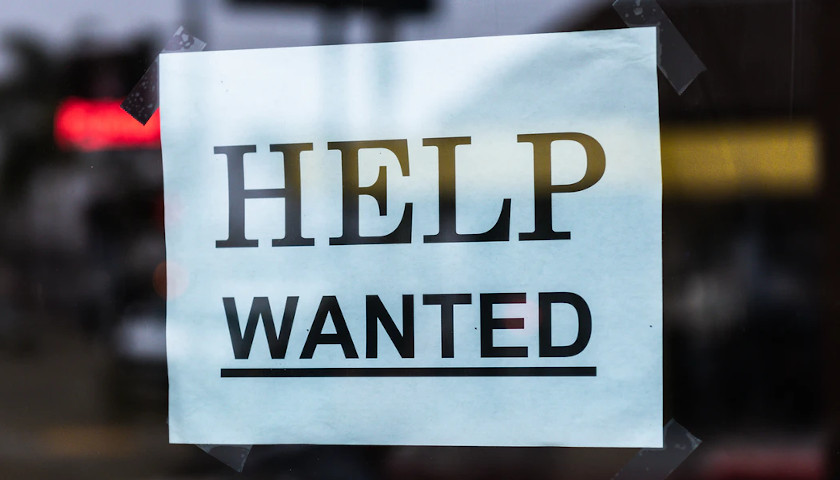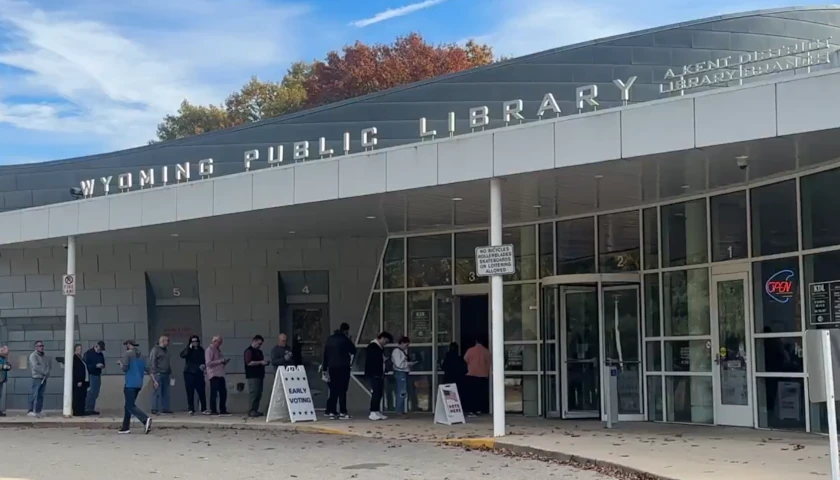by Eric Lendrum
As the peak of the coronavirus pandemic appears to have passed, ten Republican-led states have all recorded the lowest unemployment rate on record.
According to The Hill, the latest report from the Bureau of Labor Statistics (BLS) shows ten different states with unemployment rates as low as just over 2 percent. Nebraska and Utah are tied for the lowest percentages in the country, at 2.2 percent each. They are followed by Indiana with 2.4 percent, and Kansas with 2.6 percent. The remaining six states are: Arkansas, Georgia, Mississippi, Montana, Oklahoma and West Virginia.
All ten states’ unemployment rates are currently the lowest on record since BLS first began tracking state-by-state percentages in 1976. Of these ten states, only one has a Democratic governor, with Laura Kelly in Kansas. All ten states have Republican majorities in their respective state legislatures.
At the beginning of the coronavirus pandemic, most states and larger cities in the country arbitrarily shut down their economies in order to ostensibly slow the spread of the virus, resulting in a massive drop in the economy due to widespread layoffs and business closures. Although Joe Biden and other Democrats have touted an alleged economic recovery since he took office, most of these gains were simply restoring jobs that were taken away due to lockdown measures.
But in recent weeks, some states have finally begun recording more people employed today than there were prior to the start of the pandemic. In addition to most of the aforementioned top ten states, some of the other states that now have more people employed than prior to February of 2020 include Colorado, Hawaii, New Jersey, Texas, and Wisconsin, among others.
Unemployment still remains relatively high in the most populated states in the country, with California, New York, Illinois, and others still showing unemployment rates over 5 percent. The highest unemployment rate in the nation is still in Washington D.C., with 6.3 percent.
While the unemployment numbers appear positive on the surface, some have warned that there are still underlying foundational problems that make the current state of the economy very fragile despite the apparent coming end of the pandemic. Among other concerns are the ongoing effects of inflation, which has contributed to an artificial rise in average wages across the country in order to offset the rising prices of most goods, particularly the cost of gasoline.
– – –
Eric Lendrum reports for American Greatness.




